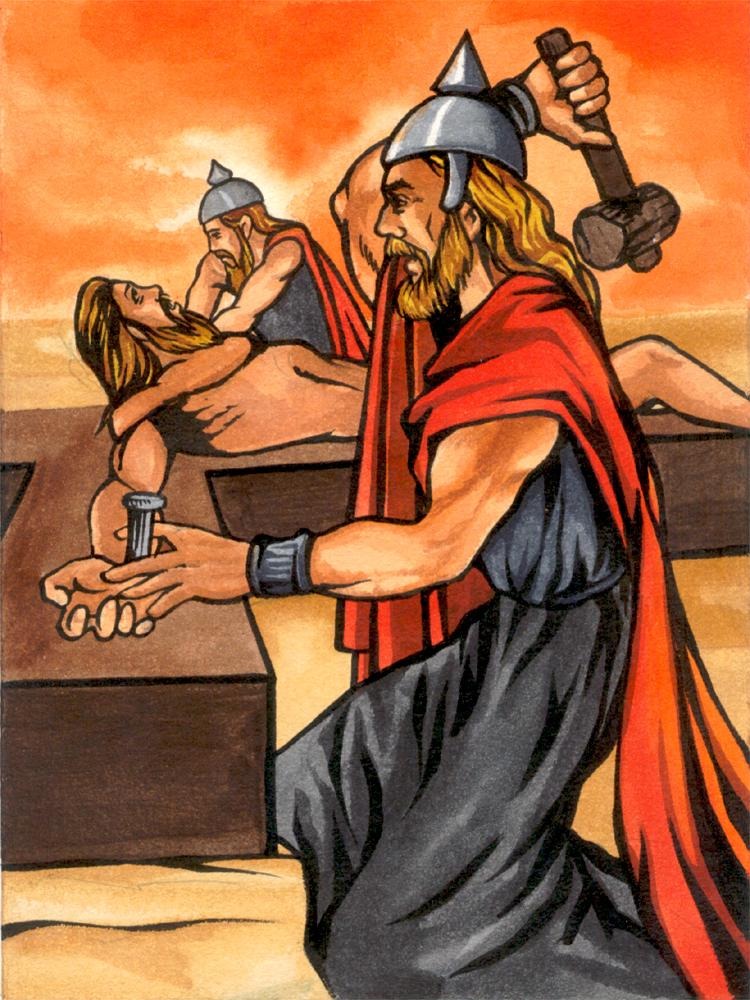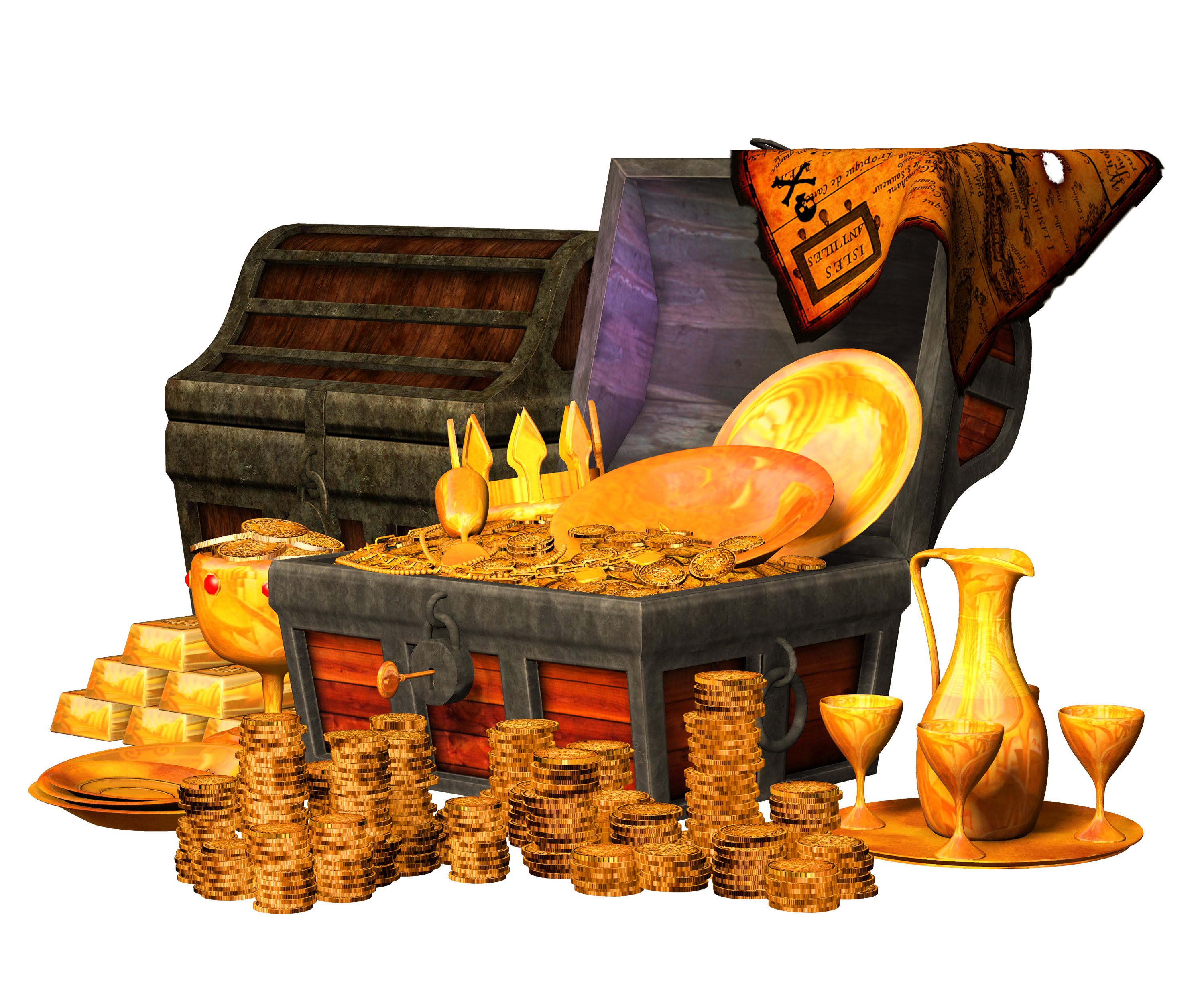
John 10:3, Hear his voice.
YHVH Wants to Commune With His People
From the beginning in the Garden of Eden, YHVH wanted to have a personal, communicative relationship with men.
And they heard the voice [Heb. kol] of the YHVH Elohim walking in the garden in the cool [Heb. ruach] of the day: and Adam and his wife hid themselves from the presence [Heb. panyim] of the YHVH Elohim amongst the trees of the garden. And the YHVH Elohim called unto Adam, and said unto him, Where art thou? And he said, I heard thy voice in the garden, and I was afraid, because I was naked; and I hid myself. (Gen 3:8–10)
You Can Hear the Voice of YHVH
Yeshua tells us that we can hear his voice.
To him the porter openeth; and the sheep hear his voice: and he calleth his own sheep by name, and leadeth them out. And when he putteth forth his own sheep, he goeth before them, and the sheep follow him: for they know his voice. And a stranger will they not follow, but will flee from him: for they know not the voice of strangers. … My sheep hear my voice, and I know them, and they follow me. (John 10:3–5, 27)
Throughout the Bible, there are many examples of YHVH’s servants hearing his voice. Here are a few examples from the book of Acts of people hearing YHVH.
Then the Spirit said unto Philip, Go near, and join thyself to this chariot. (Acts 8:29)
While Peter thought on the vision, the Spirit said unto him, Behold, three men seek thee. (Acts 10:19)
And the Spirit bade me go with them, nothing doubting. Moreover these six brethren accompanied me, and we entered into the man’s house. (Acts 11:12)
And finding disciples, we tarried there seven days: who said to Paul through the Spirit, that he should not go up to Jerusalem. (Acts 21:4)
It’s All About Spiritual Activation
To enter into a relationship with YHVH Elohim, our Creator and Father in heaven, and to become his sons and daughters, we must be spiritually activated.
Man is comprised of body, soul and spirit (1 Thess 5:23). Before being spiritually regenerated or born again, our soul (our mind, will and emotions) controls what we think, say and do. The Scriptures talk say this about the spirit in man.
But there is a spirit in man: and the inspiration of the Almighty giveth them understanding. (Job 32:8)
Who knoweth the spirit of man that goeth upward, and the spirit of the beast that goeth downward to the earth? (Eccl 3:21)
The burden of the word of YHVH for Israel, saith YHVH, which stretcheth forth the heavens, and layeth the foundation of the earth, and formeth the spirit of man within him. (Zech 12:1)
For what man knoweth the things of a man, save the spirit of man which is in him? even so the things of Elohim knoweth no man, but the Spirit of Elohim. (1 Cor 2:11)
Man can’t enter into a relationship with a YHVH who is a Spirit through his soul. Elohim is a Spirit, and we must relate to him through Continue reading →






